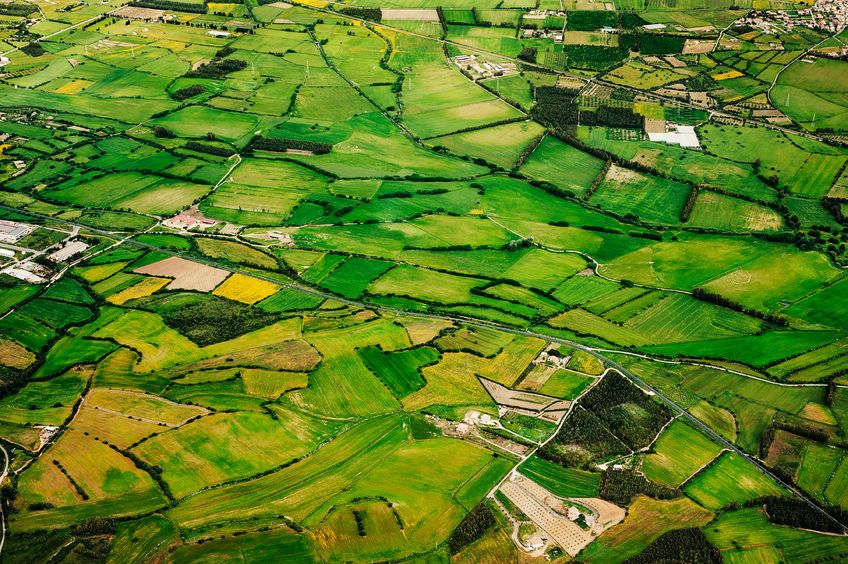
A new House of Commons inquiry will examine how agriculture can achieve net-zero emissions by 2050 whilst maintaining food production.
In June, the government legally committed the UK to reaching ‘net-zero’ greenhouse gas (GHG) emissions by 2050.
The agriculture sector accounts for approximately 10% of the UK’s GHG emissions, and many of the options for absorbing carbon emissions such as planting trees or restoring peatland involve changes to the use of land.
Therefore, achieving net-zero will pose significant challenges for farming and farming communities.
Climate change is also a major risk for UK agriculture. For example, farmers already face water shortages, heat stress on livestock, and crop loss owing to hotter summers.
More intense rainfall will mean accelerated soil erosion and more flooding. Sea-level rise could also lead to substantial losses in crop production from low-lying areas.
The Committee on Climate Change has argued that existing policies are not working, as agriculture’s contribution to UK GHG emissions remains virtually unchanged at 10% since 2008.
It has therefore called for stronger action to reduce agricultural GHGs and a better land strategy to fully deal with the challenge of climate change.
The EFRA Committee inquiry will also look at how those affected in farming communities can be supported through the transition fairly.
Neil Parish MP, Chair of the Committee said: “Climate change is a huge threat to farming in the UK. Agriculture must play its part in getting to net-zero emissions, and that will involve tough choices.
“But, we must do it in a way that maintains food production in the UK. If we don’t, farmers and the public won’t support the actions that we need to take, and we risk seeing higher emissions in other countries as they produce food to sell to us.”
He added: “We therefore want to explore what are the most practical ways that agriculture can achieve net-zero emissions, and how we best support the farming communities who are going to be affected by the transition.”
